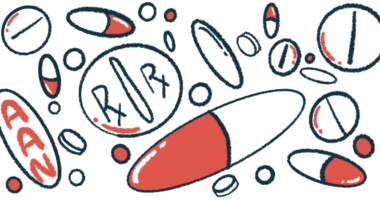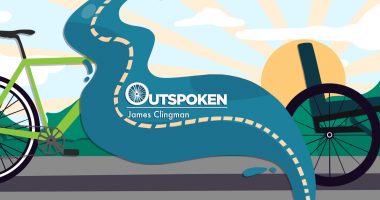ALS Association and Prize4Life Announce ALS Challenge Winners, Start of $400,000 Award Phase

The ALS Association, together with partner Prize4Life, has announced the First Phase winners of The ALS Assistive Technology Challenge, which now enters its Prize Phase, where $400,000 will be awarded for the development of flexible, accessible technology to help people with amyotrophic lateral sclerosis (ALS) communicate better.
The Prize Phase is open to scholars, industry stakeholders, start-ups, and anyone who believes they have something that can make a difference in the lives of ALS patients.
The ALS Association is the only national nonprofit fighting ALS, or Lou Gehrig’s disease, on every front. Through a national network of chapters, certified clinical care centers, and government partnerships, the association is working to enhance the quality of life for those who suffer from ALS, while aggressively researching for a cure.
Prize4Life is another nonprofit, also focused on finding a cure for ALS, which uses powerful incentives to attract people and innovation to advance therapeutic development and assistive technology.
All teams in the First Phase of this challenge were asked to submit proposals for working prototypes of innovative communication systems that were easy to use and adaptable to the changing needs of ALS patients. The winning projects, announced in a press release, received an exclusive $50,000 grant to further develop their prototypes.
The First Phase winners were:
- Dianne Goodwin, M.E., B.M.E., from Minneapolis, Minnesota. Her goal is to expand the possibilities of a powered mounting and positioning system that enables patients to independently reposition communication, hydration, and suctioning devices throughout several stages.
- Doron Friedman, from Herzliya, Israel. His goal is to set up an easy, low-cost communication device that can be operated by facial movements.
- Ivo Vieira, from Lisbon, Portugal. His goal is to take the first steps to leverage “EyeSpeak,” an augmented reality interface product with an eye tracking system.
- John Costello, B.S., M.A., from Boston, Massachusetts. His goal is to develop a software-based system that allows people to bank messages throughout the day through their hand-held recording devices, and then label, categorize, and save them.
“This is a challenge aimed at accelerating innovation in one of the areas of greatest need for people with ALS — the power to maintain their ability to communicate as the disease progresses,” The ALS Association’s chief scientist, Lucie Bruijn, Ph.D., MBA, said in a press release. “We are excited to see that we received a robust response to the program from diverse international teams with innovative projects.”
The start of the Prize Phase includes $400,000 award to be awarded to the team with the most promising technology, and will be decided by the people living with ALS themselves. This phase is open to everyone, regardless of their participation in the First Phase and will end in December, with the winner to be announced in Dublin, Ireland.
“As long as there is no cure for ALS, technology is the cure. The ALS Assistive Technology Challenge is meant to truly transform the lives of ALS patients,” said ALS patient and Prize4Life CEO Shay Rishoni, M.B.A. “We see around us great technological development, such as touch screen technology, ‘mind reading technology,’ and so on, and we want to harness these innovative tools to the needs of people with ALS.”
One of the top priorities for the ALS community continues to be the ability to communicate. Existing systems do not fully meet this need quite yet, which is why such challenges are so significant to the community.
“We hope to see this challenge change that,” said Prize4Life Chief Scientific Officer Neta Zach, Ph.D., MPA. “We want to demonstrate through this challenge the needs of patients and the technologies that can solve them, so that development of solutions for people with ALS will continue well beyond this challenge.”






